5 Minutes Guitar Practice Tips
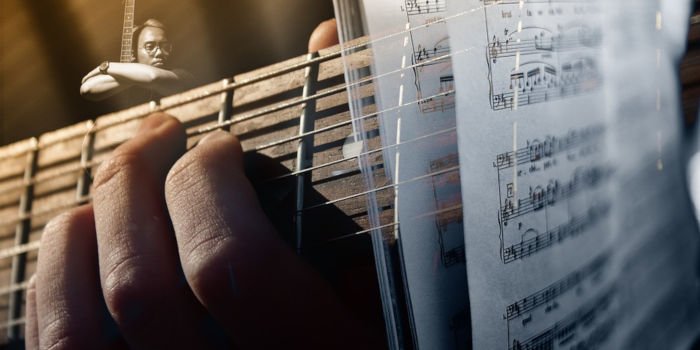
Published: 14/11/2013
Under: Guitar Practice
Do you think you can accelerate your guitar playing within only 5 minutes?
The answer is yes. What I’m about to show you will transform your 5 minutes guitar practice session into a full-blown workout.
This system produces actual results and cuts the crap to a minimum. In short, you’ll need to learn how to squeeze 7, 9, even 10 minutes worth of guitar practice out of the 5 minutes you might have!
Sounds too good to be true?
If this sounds unbelievable or unachievable, then I’m about to reveal how to achieve more. This actually is painfully simple.
To get more done with less time, you need to plan ahead and set goals. Naturally, you’ll have to limit what you will cover. Also, you’ll have to really focus on the task for the entire time.
Focus
Let’s tackle focus first. While this might not appear to be the hardest, it is.
Having focus is a choice and a habit which you can develop over time. It’s simply choosing not to get distracted either by yourself, the phone, Facebook or Twitter, or wasting time working on something you can already play.
A few tips on focus, set a time each day that you will sit down to practice the guitar. Let everyone who is likely to contact you, interrupt you or distract you know that you’ll be busy for that set time, each and every day.
Another tip is to turn off the phone, computer, TV etc. and create a quiet spot which is perfect for you to achieve the most.
Focus also the ability to concentrating on accuracy. If you’re not successful at least 9 times out of 10, then you have an issue with your focus.
Planning Guitar Practice
A lot of practice time is wasted due to poor planning and lack of focus. It’s easy to play what you want too or rush through a half-hearted version of a scale you should know but don’t.
Don’t think of planning in terms, a detailed 20-page plan, but think in terms of broad strokes. Think of what you want to achieve, by when and how you’ll get there.
Large goals
For example, if you want to learn 20 new songs to a good standard, in order that you can start taking some gigs in 6 months. You will need to choose the songs, learn how they sound by listening to them on repeat for a while.
Then either work out the chords by transcribing them or buy the sheet music. You will probably have to tackle two songs each week, in order to reach your goal and give yourself plenty of time to get in a gig ready state.
Sure, you’ll need around an hour a day in order to do this – but that’s a great goal to have and will be achievable if you put the work in.
That’s an overview of setting large goals. However, as we’re focusing on 5 minutes of guitar practice, then you’ll have to choose something smaller, like learning one new chord.
Smaller goals
So, if you want to learn more chords, for example, your plan would be to learn a new chord every week. The first two days would be devoted to learning how the chord feels, sounds and its shape. By the third 5-minute practice session you’d want to try using it a song.
Plans
Both of these are pretty solid plans which you can write in your practice journal. By recording what you practised, you’ll see how you’ve progressed that week, month, year. Also, it will give you a kick up the butt when you feel you can’t play well.
If you only get a tiny amount of time, planning ahead is not only critical but is a way to shave time and energy off your development process.
Choose Less
In order to achieve more, you have to work on less. It is one of the fundamental reasons most people don’t achieve much on the guitar or in life. They try to be everything to everyone and end up being nothing to none!
Answer this honestly – over the next 6 months would you rather completely nail one scale or would you rather learn 6 scales badly?
I bet you’re in the first camp. You’d rather spend the next six months working on one thing. And getting this to where it’s naturally part of your playing rather than learning a load of things half-hearted.
If you only have five minutes, spend it wisely; use it to master one idea. You’re more likely to get the idea nailed, memorised and sounding like a piece of music rather than an exercise. Plus once you’ve really learnt it, you never have to relearn it again.
The more focused you become on achieving smaller thing the more likely you will see bigger jumps in your playing and each huge step will seem smaller.
Quality Not Quantity
I’ve alluded to this throughout. I’m trying to get you to think about the quality of practice you undertake and to forget quantity.
Any untrained monkey can rattle through a long list of exercises and feel like they have achieved a lot without actually doing so!
Quality means really learning an exercise, a scale or new chord. Plus, if you’re reading this, you’re clearly way smarter and more trained than any untrained monkey I’ve seen!
Spend some time in your next practice session to evaluate the level of quality that you currently practice at.
Conclusion
You can really squeeze more result from the time you have. You just have to think and act smart.
Remember going forward to think about what you want to achieve. The time you have to achieve your goal. As well as the amount of time you’ll need in order to achieve it. You then need to get to work.
If the only limit is time, then think about quality NOT quantity!


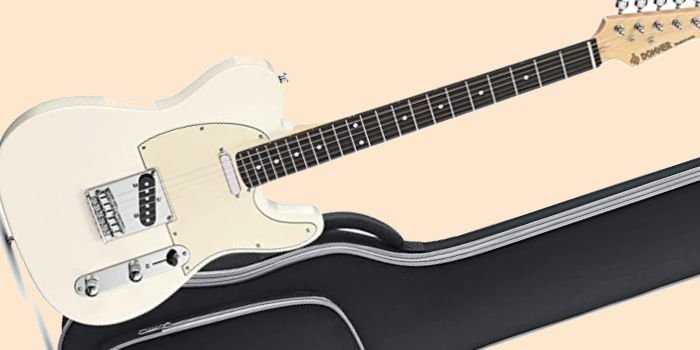
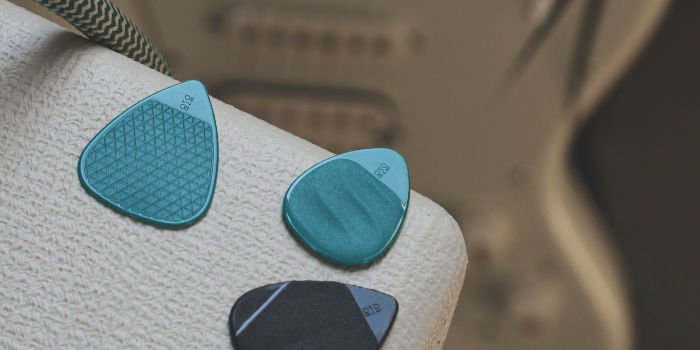
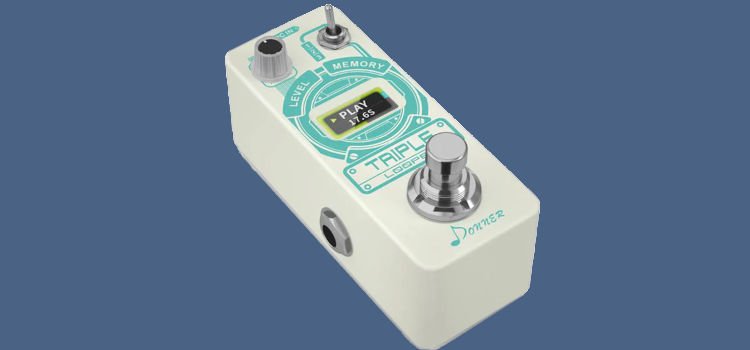
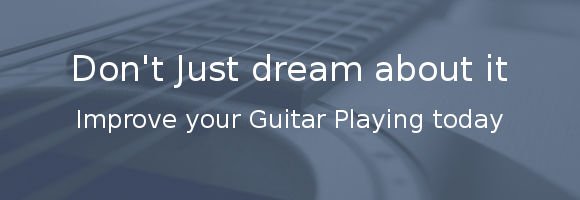
Leave a Reply